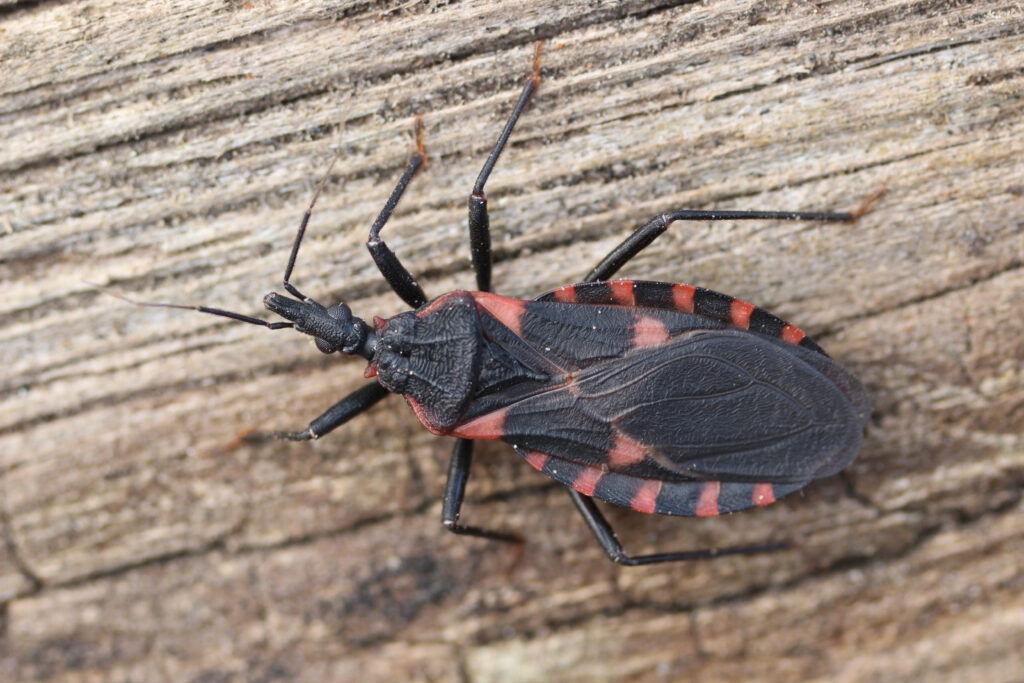Texas A&M and University of Georgia scientists study Chagas disease prevalence, working toward prevention, and protecting Department of Homeland Security (DHS) operational capability.

Chagas disease is a parasitic disease caused by the protozoan Trypanosoma cruzi, and spread through the feces of the triatomine bugs, also known as “kissing bugs.” Left untreated, Chagas can cause serious heart and digestive disease. This disease is a recognized human health threat across many countries in Latin America and is increasingly recognized in the southern the United States, where kissing bugs occur.

A $1.2M project by the Cross-Border Threat Screening and Supply Chain Defense (CBTS), and sponsored by the DHS Science and Technology Directorate (S&T), will provide practical tools addressing this disease impacting DHS working dogs, which will also yield benefits to their human handlers and have far-reaching impacts for pets, hunting dogs, and shelter animals that are also at risk for the disease.
Read more about this research on AgriLife Today.

